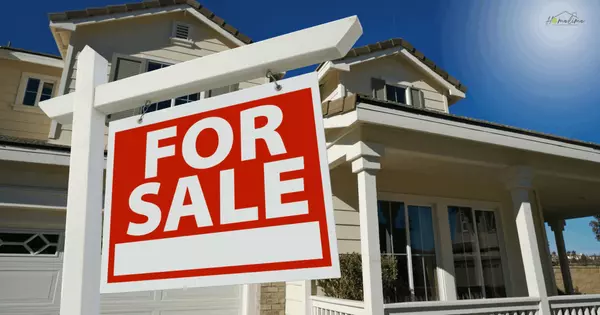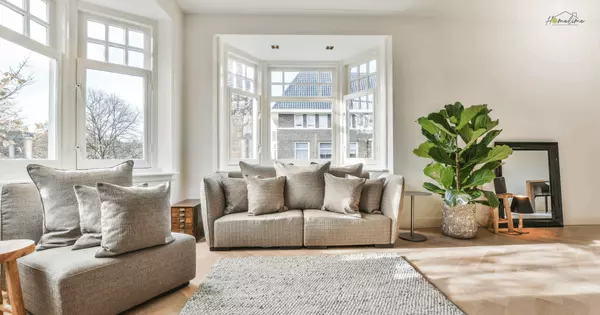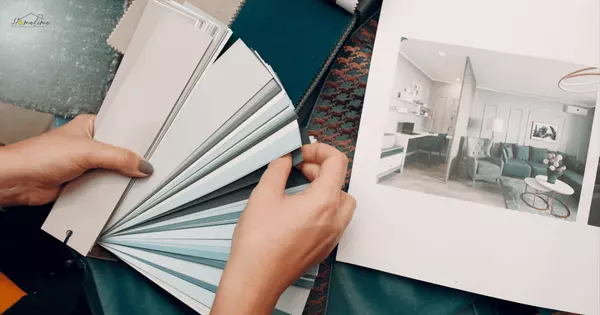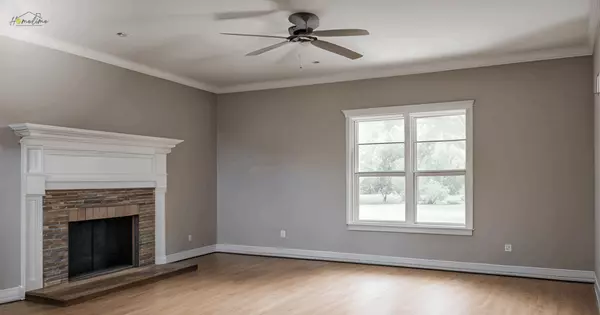How to Make the Most of Buyer Feedback When Selling Your Home
When selling your home, feedback from potential buyers can be a powerful tool to help you improve and ultimately sell your property. While some feedback may be hard to hear, how you respond to and act on these insights can make all the difference in achieving a successful sale. Here's how to handle buyer feedback effectively:
1. Approach Feedback with an Open Mind Receiving feedback on your home can sometimes feel personal, especially if you've put a lot of effort into maintaining or decorating it. However, it's important to view buyer feedback as constructive and not as a critique of your taste or lifestyle. Buyers are evaluating the property based on their preferences, so try to maintain an open mind.
2. Look for Patterns Individual comments may be subjective, but if you hear the same feedback repeatedly, it’s a sign that something needs to be addressed. For example, if multiple buyers mention that the kitchen feels outdated or the paint color is too bold, these are areas you may want to consider updating.
3. Prioritize Actionable Feedback Not all feedback will require changes. Focus on suggestions that are realistic, affordable, and likely to have the greatest impact. For instance, if a buyer comments on clutter, decluttering is a quick and inexpensive way to improve your home’s presentation. However, major renovations, like remodeling a bathroom, may not be worth the investment unless multiple buyers see it as a deal-breaker.
4. Address Minor Issues Promptly Sometimes, small issues can be easily fixed and have a big impact on how your home is perceived. If feedback points out things like leaky faucets, sticky doors, or outdated light fixtures, addressing these minor problems can make your home feel more move-in ready, which is a big plus for buyers.
5. Discuss Feedback with Your Realtor Your realtor is a valuable resource when it comes to interpreting buyer feedback. They’ve likely heard similar comments before and can provide guidance on what’s worth addressing and what can be ignored. They can also help you decide which improvements will offer the best return on investment and attract more potential buyers.
6. Consider Adjusting the Price If feedback frequently revolves around your home being overpriced compared to others on the market, it may be time to reevaluate your asking price. Pricing your home competitively is one of the most effective ways to attract serious buyers and can be more impactful than making costly upgrades.
7. Take Feedback into Account for Showings If feedback highlights issues with how your home is being presented, take this into account for future showings. This could mean rearranging furniture to make rooms feel more spacious, enhancing lighting, or even adjusting your showing schedule to accommodate more buyers.
8. Stay Professional and Detached While it can be tempting to react defensively, especially when the feedback feels harsh, maintaining a professional and detached approach is crucial. Remember that buyers are looking at your home as an investment, and their comments aren’t a reflection of you. Keeping a calm, business-like attitude helps you stay focused on your goal: selling the home.
9. Use Feedback to Improve Your Online Listing If buyers consistently mention features they love about your home—like a spacious backyard or updated kitchen—make sure those highlights are emphasized in your online listing. On the flip side, if buyers are unimpressed with certain elements, think about how you can improve the description or photos to make those aspects more appealing.
10. Know When to Stand Your Ground Not every piece of feedback will require action, and that’s okay. If a buyer’s preferences are too specific or if they’re looking for something that your home simply doesn’t offer, it’s alright to move on without making changes. Every buyer has different needs, and it’s important to remember that not every comment should dictate adjustments.
By handling buyer feedback thoughtfully and strategically, you can turn critiques into opportunities to improve your home’s appeal and close the sale faster. Whether it's addressing minor issues, adjusting your price, or simply enhancing your home’s presentation, responding to feedback in the right way will make your home more attractive to potential buyers.
Recent Posts










GET MORE INFORMATION


